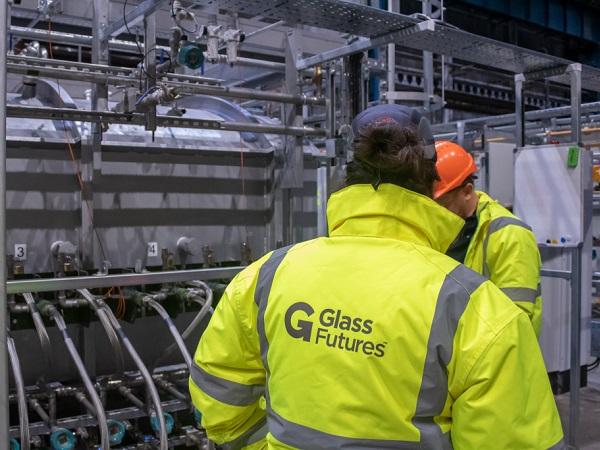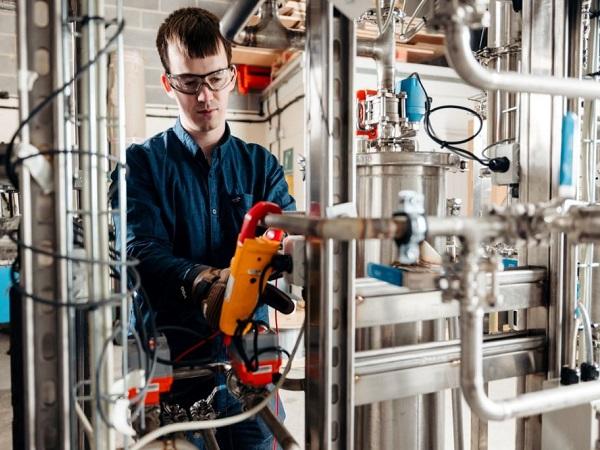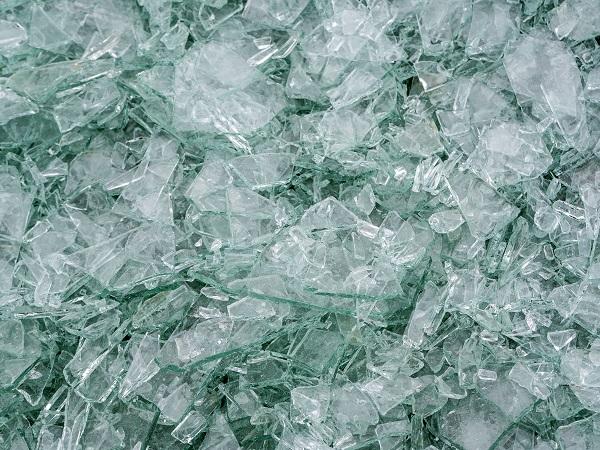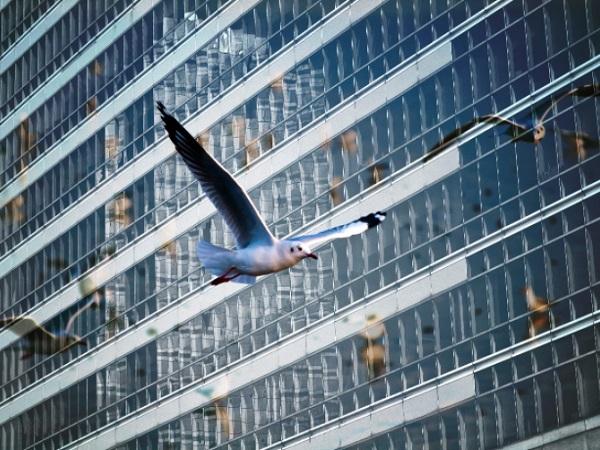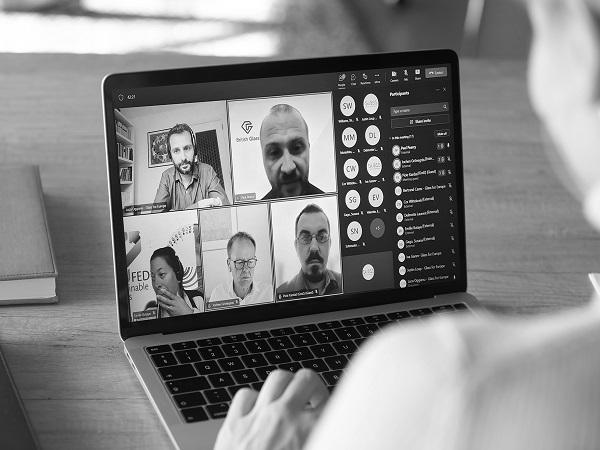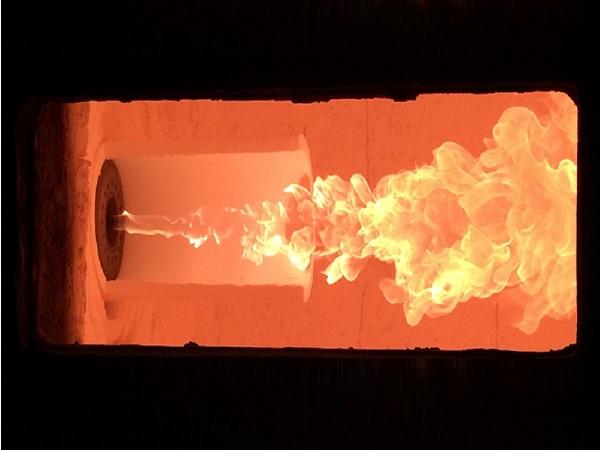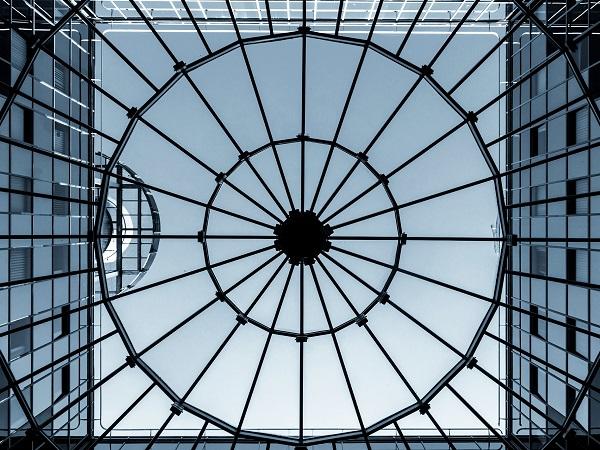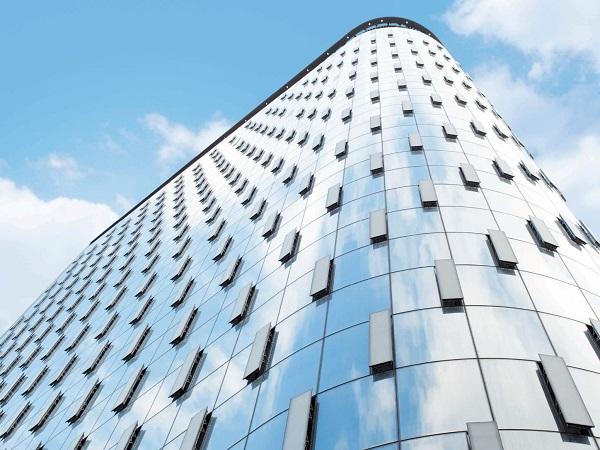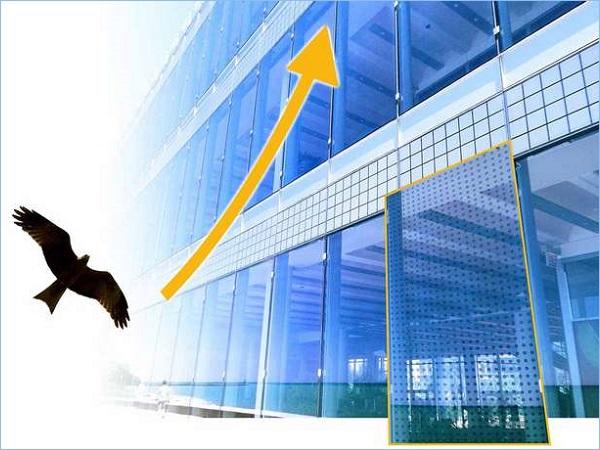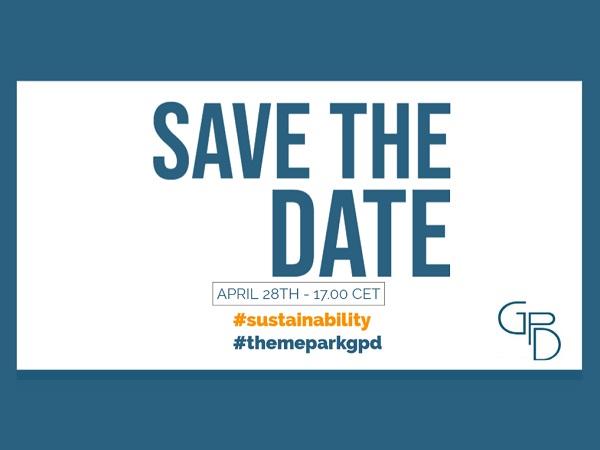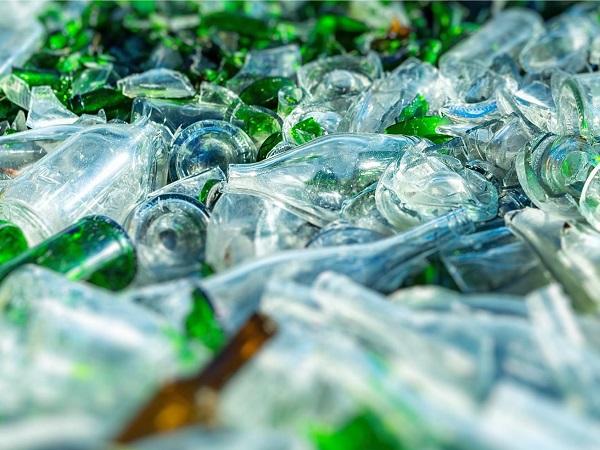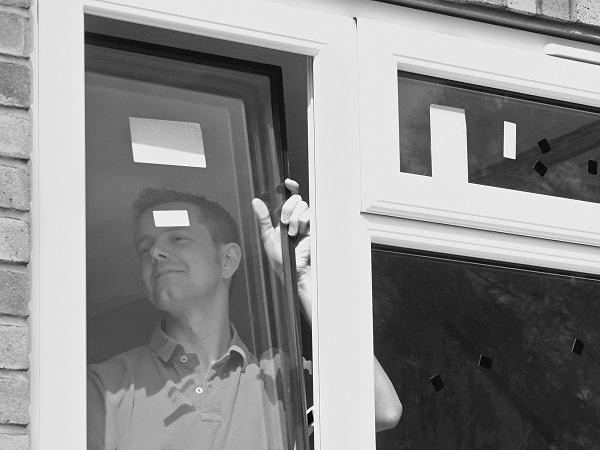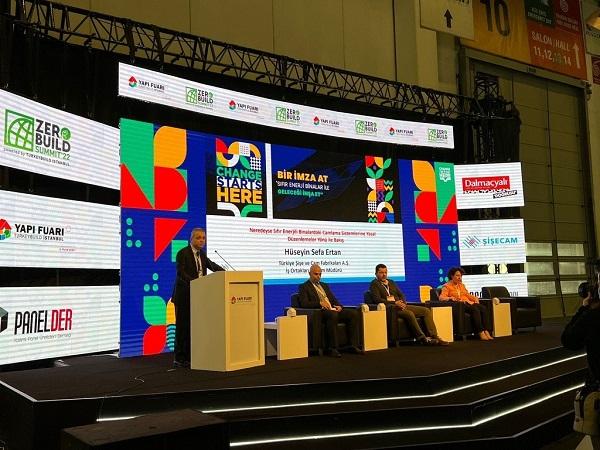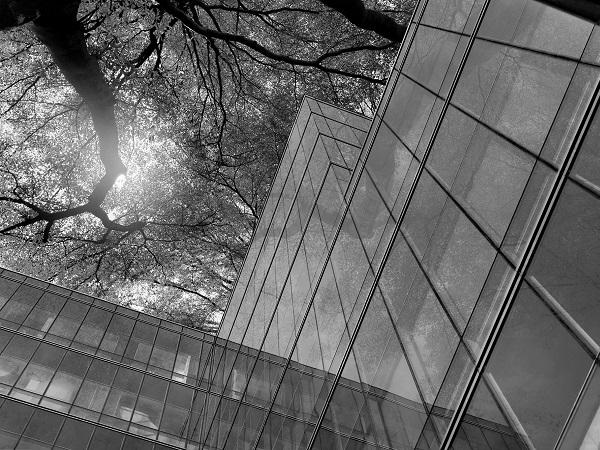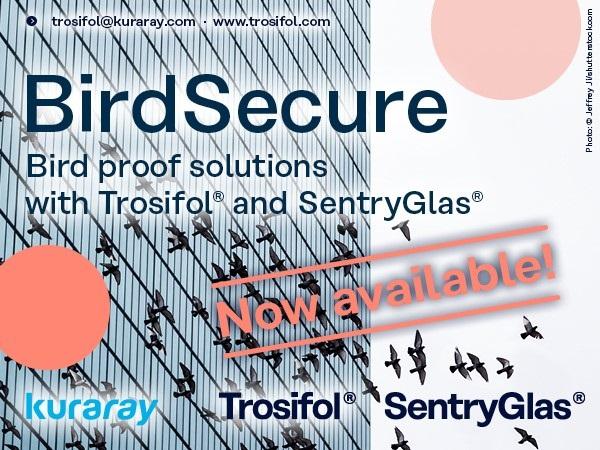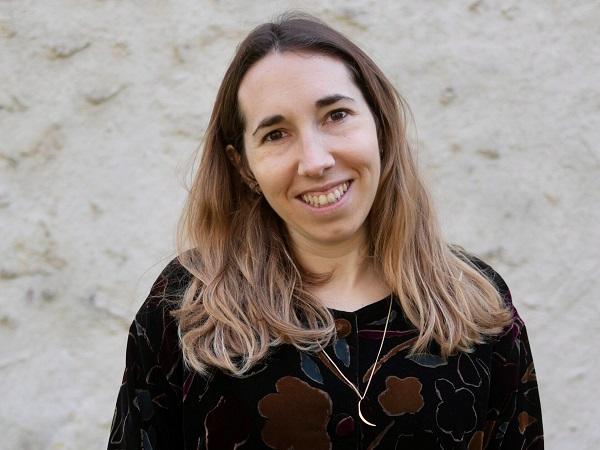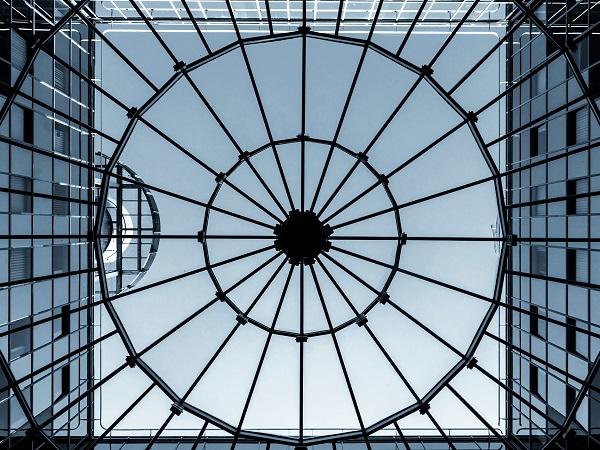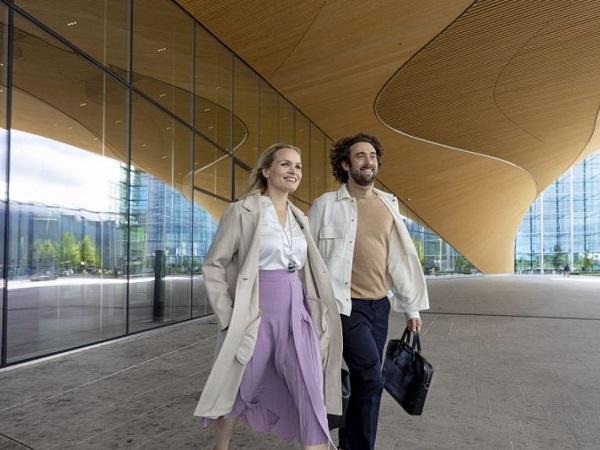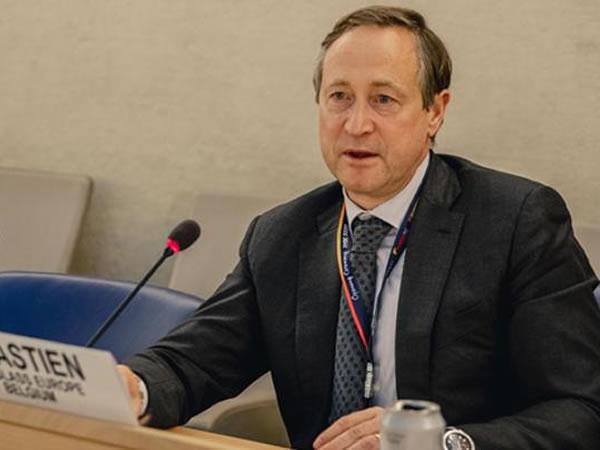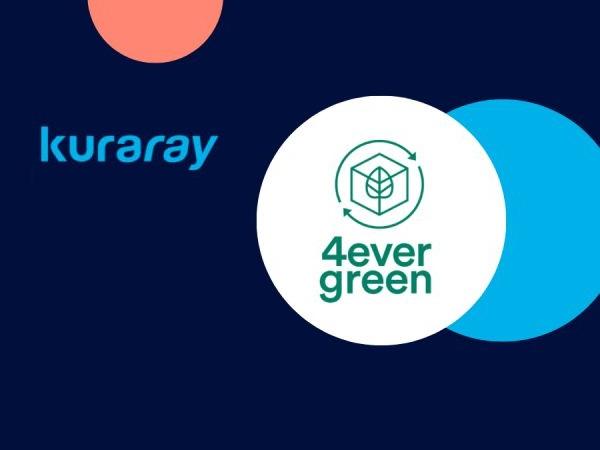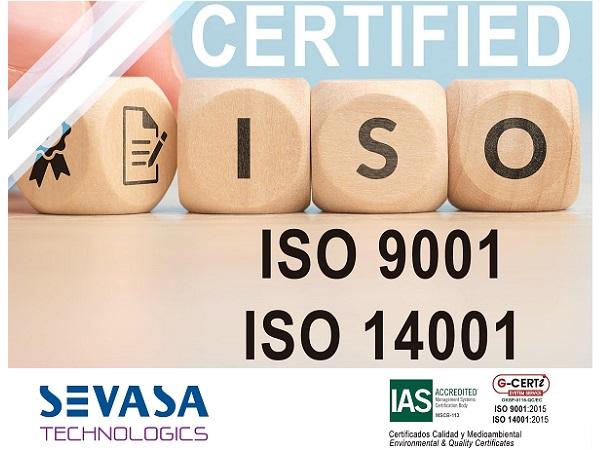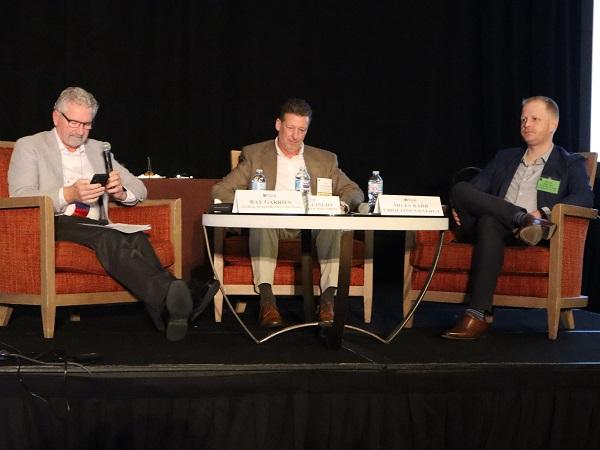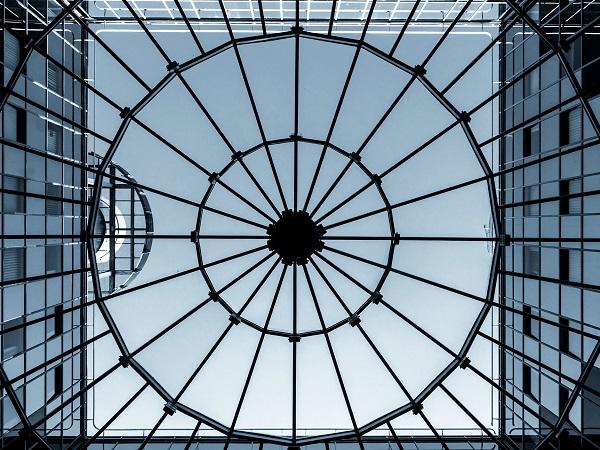Others also read
The funding has been awarded by the Department of Business, Energy & Industrial Strategy (BEIS) for research which will be led by the BCC.
Glass Futures partners with C-Capture on awarded £1.7m in BEIS funding to demonstrate feasibility of next generation, low-cost carbon capture solutions in hard-to-decarbonise industries
Saint-Gobain has become the first player in the world to achieve zero carbon production of flat glass.
STRATO® Bird Friendly is the world's first interlayers product range to combine laminated safety glass advantages with a birdlife secure design.
Join NGA for the next Thirsty Thursday session, New IGU Technologies for Carbon Reduction and Zero Net Energy, presented by Stephen Selkowitz of Stephen Selkowitz Consultants.
Get to know more of the Bird protection Glass by SAINT-GOBAIN with the upcoming World Bird Migratory Day!
On May 5th 2022 Glass for Europe hosted its 2nd workshop on flat glass recycling.
The Federal Association of the German Glass Industry (BV Glas) and the GWI research institute in Essen (GWI) have successfully completed their collaborative HyGlass project.
Glass for Europe has run calculations based on public data and energy performance models used by and developed for the European Commission. This paper presents the results of these calculations.
Vitro Architectural Glass celebrates Earth Day with updates on sustainable products, projects and education
HEGLA boraident from Halle offers laser printing as a method for preventing bird strikes, and its effectiveness has now been certified.
The second edition will be held on April 25-29, 2022 and the topic on focus is Glass and Sustainability.
British Glass welcomes the announcements within the government’s energy security strategy but the support falls short of what UK energy users need right now.
Glass for Europe believes that it is time for a coherent revision of the Energy Performance of Buildings Directive (EPBD).
Şişecam emphasized the contribution of flat glass products in protecting environment at ZeroBuild Forum.
Yesterday, 30 March, the European Commission released new proposals aiming at making sustainable products the norm in the EU.
Trosifol® and SentryGlas® BirdSecure, fully tested at ABC bird US can be applied to any laminated safety glass.
On March 24, during Glass for Europe’s General Assembly, Joana Arreguy, Glass Industrial Director at Saint-Gobain, was elected Chairwoman of the Board of Directors of Glass for Europe.
Improvements needed to the recast of the Energy Performance of Building Directive (EPBD)
Sustainability is at the heart of Glaston's strategy.
Philippe Bastien is the Chairman of Glass for Europe and Regional President AGC Glass Europe.
90 percent recycling rate by 2030: Kuraray joins 4evergreen alliance for innovative circular concepts for fibre-based packaging
Sevasa has been awarded the ISO 9001 Quality and ISO 14001 Environmental certifications
Two in-person panels and a roundtable discussion took place during the 2022 FGIA Hybrid Annual Conference.
The EPBD has contributed to improving the energy performance of European buildings and our associations ARGE, European Aluminium, EPPA, ES-SO, EuroWindoor and Glass for Europe are strong supporters of this framework.

